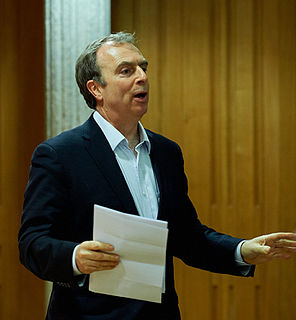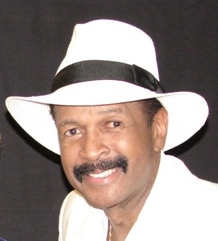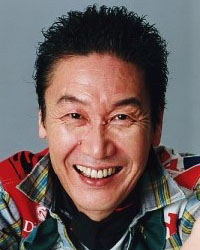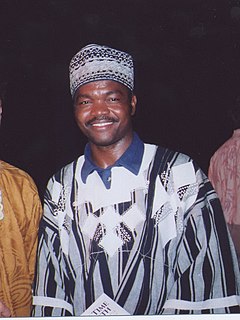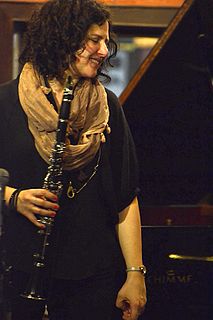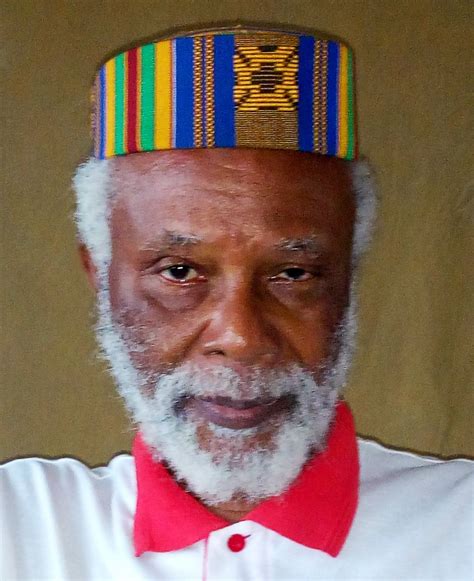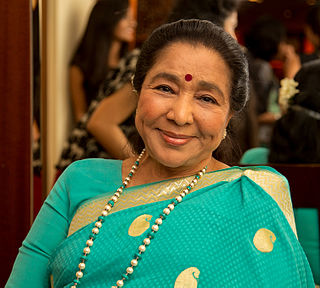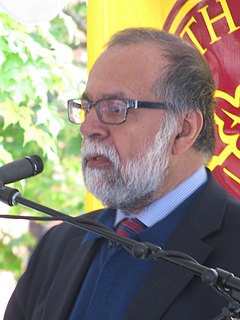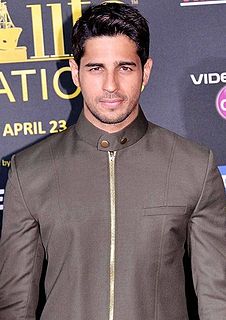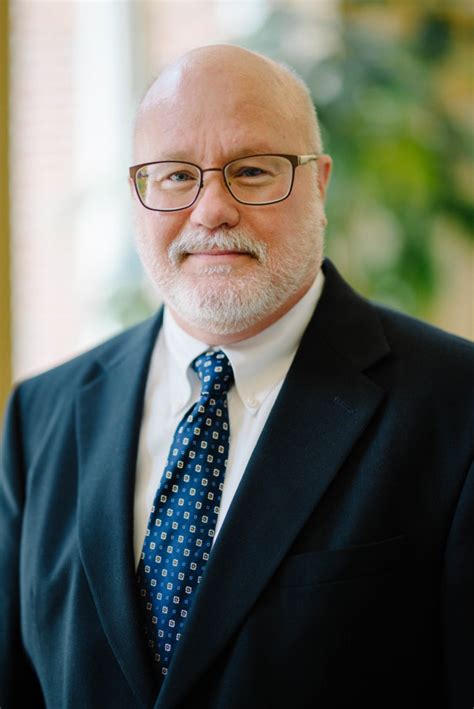Top 1200 Cultures And Traditions Quotes & Sayings - Page 2
Explore popular Cultures And Traditions quotes.
Last updated on December 18, 2024.
Any kind of grieving that is not allowed causes a break. In our culture, grieving in public is not encouraged, but in other cultures, it is done publicly. Some cultures have walls where people can cry. We don't have that. We have theatre where there's always the chance for you to face things within yourself.
If we want to avoid a clash of cultures - and the jury is still out on whether we can - we'll have to make different cultures and religions compatible with the universal nature of human rights and tolerance. But I can promise you this: Anyone who calls me an infidel at the conference will be in for a fight.
Historically the customs and traditions of day-to-day life in Africa have been dismissed by Western cultural anthropologists as primitive, chaotic, pagan activities that should be replaced by Christianity, the only civilized religion. The West has also long assumed that it should convert tribal cultures to literacy, which is to say an entirely different way of looking at the world, of living in the world. Most Africans who have achieved a comfortable Western lifestyle are Christian. Why? Because it comes with the package: Christian-ity, literacy, and a material lifestyle all come together.
From the 9th to the 15th centuries, the area which is now modern Spain was home to the greatest peaceful agglomeration of cultures ever known in the post-literate worldEven more remarkable than the flowering of art itself was the confluence of cultures that produced it: under the rule of Islam, Muslims, Jews and Christians lived and worked together in relative harmony.
The central objective in decolonising the African mind is to overthrow the authority which alien traditions exercise over the African. This demands the dismantling of white supremacist beliefs, and the structures which uphold them, in every area of African life. It must be stressed, however, that decolonisation does not mean ignorance of foreign traditions; it simply means denial of their authority and withdrawal of allegiance from them.
Over time, years of meditation gave me glimpses of the interconnectedness and interdependence of all life. I experienced that on one level we are alone, separate, apart from everyone and everything; on another level, we are the Self in different disguises, different names and forms, a part of everyone and everything. This experience of interconnectedness is part of spiritual traditions and the perennial wisdom in virtually all religions and cultures.
When Europeans arrived on this continent, they blew it with the Native Americans. They plowed over them, taking as much as they could of their land and valuables, and respecting almost nothing about the native cultures. They lost the wisdom of the indigenous peoples-wisdom about the land and connectedness to the great web of life...We have another chance with all these refugees. People come here penniless but not cultureless. They bring us gifts. We can synthesize the best of our traditions with the best of theirs. We can teach and learn from each other to produce a better America.
We're not in cultures which support learning; we're in cultures that give us the message consistently: "Don't mess up, don't make mistakes, don't make the boss look bad, don't give us any surprises." So we're asking for a kind of predictability, control, respect, and compliance that has nothing to do with learning.
I grew up surrounded by all types of cultures - French, Indian, Arabic - a melting pot of cultures, sounds, foods, people, and religions. It opened my eyes early, and I'm grateful for that. It's not about success in one area; it's about exploring the world musically and spending time in those places whenever you can.
All cultures have things to learn from all other cultures. Don't get stuck in your culture! Go beyond it! Get out of your aquarium; get out of your farm; get out of your castle; break your bell jar! Give chance to other cultures and to other opinions! This is the best way for you to see the insufficiencies, absurdities and stupidities in your culture!
I am a passionate traveler, and from the time I was a child, travel formed me as much as my formal education. In order to appreciate cultures of another nation, one needs to go there, know the people and mingle with the culture of that country. One way to do that, if one is lucky enough, is to buy things from those cultures.
All the classical meditation traditions, in one way or another, stress nonattachment to the self as a goal of practice. Oddly, this dimension is largely ignored in scientific research, which tends to focus on health and other such benefits. I suppose the difference has to do with the contrast in views of the self from the spiritual and scientific perspectives. Scientists value the self; spiritual traditions have another perspective.
What I find on the Internet is fascinating because whole subcultures are developing. And they really are cultures. They have their art forms, their music, and their language. They have their spirituality, they have new names. It's almost like watching colonies of little organisms develop under a petri dish. You can really see these cultures swarming and growing and developing and spawning on the Internet.
While [European] national cultures were concocted to distinguish one economic unit of capital from another, civilizational thinking was invented to unify these cultures against their colonial consequences. Islamic, Indian, or African civilizations were invented contrapuntally by Orientalism... in order to match, balance and thus authenticate 'Western Civilization'.
We find ourselves ethically destitute just when, for the first time, we are faced with ultimacy, the irreversible closing down of the earth's functioning in its major life systems. Our ethical traditions know how to deal with suicide, homicide and even genocide, but these traditions collapse entirely when confronted with biocide, the killing of the life systems of the earth, and geocide, the devastation of the earth itself.
Part of the puzzle, surely, lies in the disconnect between official rhetoric and lived realities. Americans are constantly extolling “traditions”; litanies to family values are at the center of every politician’s discourse. And yet the culture of America is extremely corrosive of family life, indeed of all traditions except those redefined as “identities” that fit in the larger patterns of distinctiveness, cooperation, and openness to innovation.
I think the important thing to learn is that we can retain a sentimental loyalty to the cultural and literary traditions of, say, Judaism, Anglicanism or Islam, and even participate in religious rituals such as marriages and funerals, without buying into the supernatural beliefs that historically went along with those traditions. We can give up belief in God while not losing touch with a treasured heritage.
A first grader should understand that her or his culture isn't a rational invention; that there are thousands of other cultures and they all work pretty well; that all cultures function on faith rather than truth; that there are lots of alternatives to our own society...Cultural relativity is defensible, attractive. It's a source of hope. It means we don't have to continue this way if we don't like it.
Most of what the founders knew about the Hebraic republic, it must be emphasized, they learned from the Bible. These Americans were well aware that ideas like republicanism found expression in traditions apart from the Hebrew experience, and, indeed, they studied these traditions both ancient and modern.


